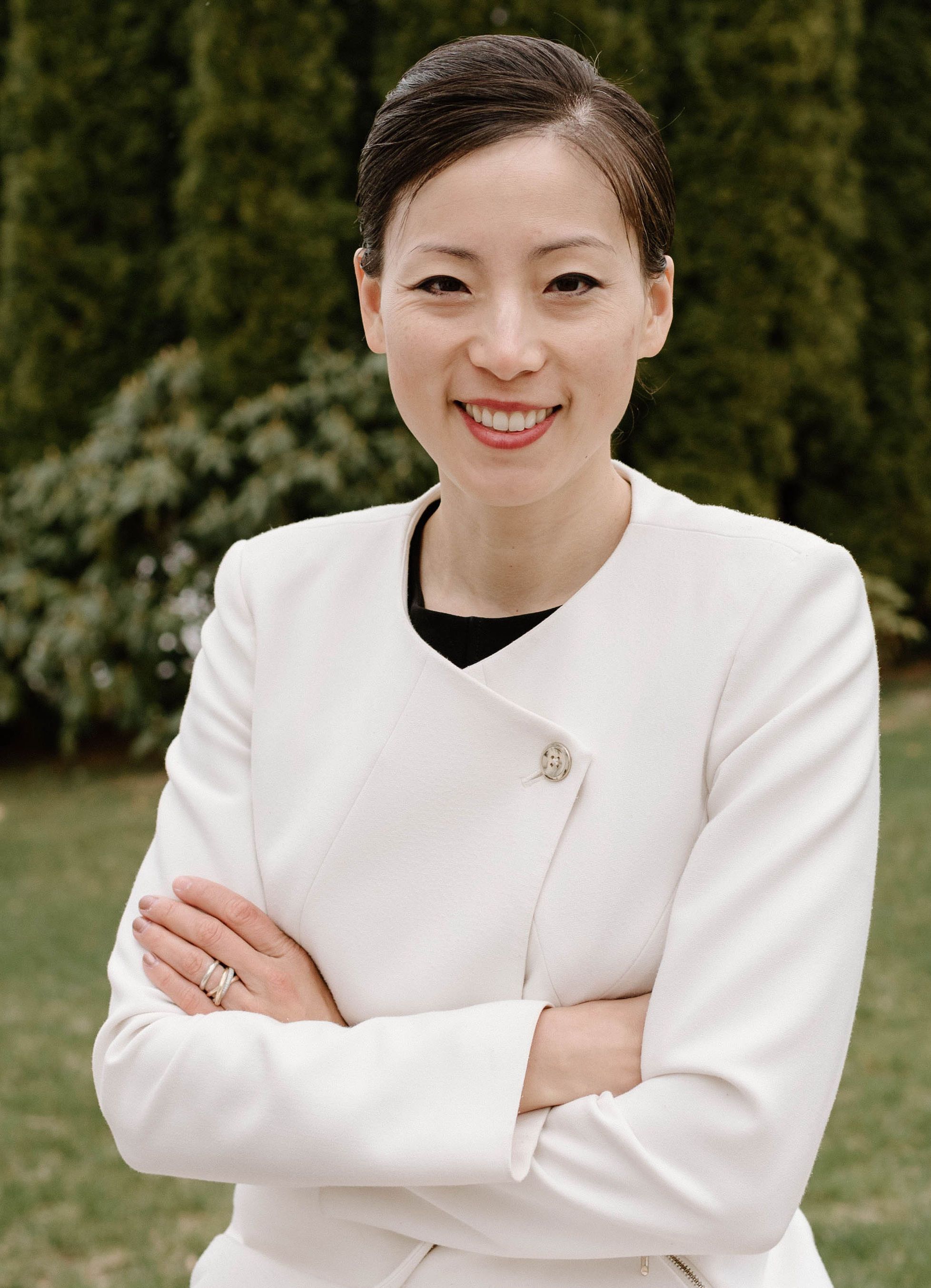Creating Scalable Solutions in a Cost-conscious Healthcare Ecosystem
Dr. Liz Kwo of Everly Health outlines 2023 predictions for AI, including how it can be beneficial to patients
Michael Wong: At the November 2022 HBS Healthcare Alumni Association’s annual conference,1 a spirited debate around the Inflation Reduction Act of 2022’s likely impact on prices and new medicine development took place; and although there were strong opposing views of a path forward, it was clear that change must occur within our healthcare ecosystem.
While long-term value might be the ultimate goal, short-term budgets have a finite set of dollars that need to be wisely allocated across a set of initiatives, be they in healthcare or other worthwhile but competing initiatives. As might be expected, emerging technologies are often seen as a panacea, but given your dual role as a practicing physician and business executive, what are pragmatic solutions for 2023?
Dr. Kwo: Artificial intelligence (AI) is a frequently referenced panacea, so let’s start with some basics. AI is the simulation of human intelligence in machines programmed to think and work like humans. Other referenced elixirs like machine learning, deep learning, natural language processing, and big data are all branches of AI. As for the potential that AI might have as a useful tool in health care and the medical research space, some include:
- AI algorithms are “taught” to identify and label data patterns, while NLP allows these algorithms to isolate relevant data. With deep learning, the data is analyzed and interpreted with the help of extended knowledge by computers.
- Many aspects of healthcare include elements of prediction, including diagnosis, treatment, administration, and operations.
Dr. Liz Kwo

One value proposition, whether I’m wearing my physician hat or executive one, is time savings. AI has the potential to streamline the notetaking process and admin tasks so physicians can focus on patients instead of their computers. Also, with AI able to analyze large amounts of data stored by healthcare organizations in the form of images, clinical research trials, and medical claims, it can identify patterns and insights often undetectable by manual human skill sets of clinicians or business professionals. I would note that despite well-intended forays into this space by many well-known Fortune 500s, the healthcare ecosystem is extremely complex, and various exits have taken place.
The good news is that progress in this area has occurred, and a specific example that comes to mind is a collaboration between the VA and DeepMind Health.
Acute kidney injury (AKI) can be difficult to detect by clinicians but can cause patients to deteriorate extremely fast and become life-threatening. With an estimated 11% of hospital deaths following a failure to identify and treat patients, the early prediction and treatment of these cases can have a huge impact on reducing life-long treatment and the cost of kidney dialysis.
In 2019, the Department of Veterans Affairs (VA) and DeepMind Health created an ML tool that can predict AKI up to 48 hours in advance. The AI tool identified more than 90% of acute AKI cases 48 hours earlier than with traditional care methods.
The logical follow-up question is if this is something that might be expanded to other life-threatening illnesses. Moreover, how might bio-pharma firms collaborate with home healthcare providers to see if an offering might be made available at the patient’s bedside or even potentially monitor the patient continuously at home (e.g., through a smartwatch)? With some predicting recession headwinds in 2023, strategic bio-pharma and home healthcare providers might consider collaborating and pooling their expertise and limited budgets to create scalable AI offerings for 2023.
Given your engagement with leading academic and business entities, what are your 2023 predictions for AI bringing meaningful impact for patients and the organizations which serve them?
It’s commendable to see many organizations pointing to how their AI efforts are striving to accelerate the discovery and development of new medicines, but the decades-long challenge of having diversity in clinical trials continues. Introducing automation might help bring efficiency gains for these firms, but the pain point of increasing diverse patients in their trials continues.
Strategic bio-pharma organizations will figure out how to collaborate with other entities for creative new ways to recruit and enroll such patients. For instance, I serve as a board member with Walmart Mexico and Central America, where in the US, the retailer Walmart has a store that is within a 20-minute drive of 90% of the US population. With the launch of Walmart Healthcare Research Institute SM (WHRI), the company is planning to increase community and equitable access to healthcare research. Together, the firms will need to determine an engagement model built upon trust so potential enrollees can make an educated choice.
Finally, at least in principle, new technologies like machine learning can provide unbiased predictions based only on the impartial analysis of the underlying data. However, the logic used to generate a medical result or recommendation needs to be shared instead of developed in a “black box.” These change management efforts are often dismissed for strategic initiatives, so one should consider how to ring-fence limited investment dollars accordingly.
References
1. https://www.hbshealthalumni.org/s/1738/cc/21/page.aspx?sid=1738&gid=11&pgid=77789&content_id=11020
Dr. Liz Kwo is the Chief Medical Officer of Everly Health. Before joining Everly Health, she served as Deputy Chief Clinical Officer for Anthem, VP and GM of Provider Networks at American Well, and Entrepreneur in Residence at Harvard Medical School's Office of Technology Development. Board Certified in Preventive Care and Occupational Medicine, Dr. Kwo remains active as a practicing physician at Cambridge Health Alliance, of Harvard Medical School. Dr. Kwo has an MD from Harvard Medical School, MBA from Harvard Business School, MPH from Harvard TH Chan School of Public Health, and a BA from Stanford University.
Michael Wong is an emeritus board member of the Harvard Business School Healthcare Alumni Association.